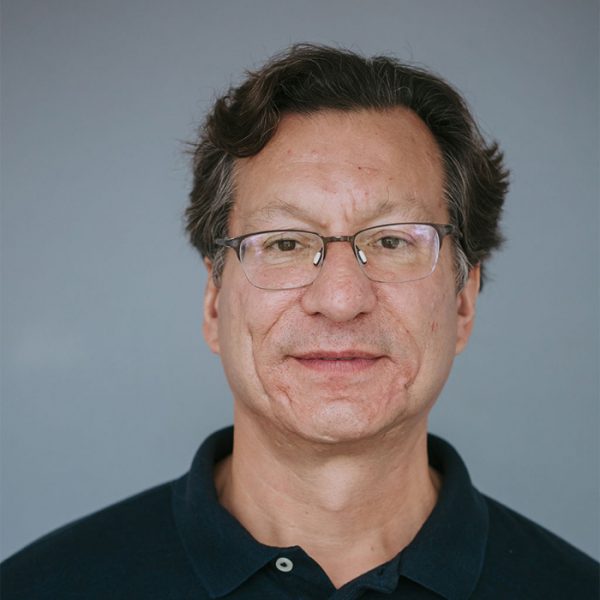Dr. Farzan’s invention of eCD4-Ig is built on two decades of his research. Dr. Farzan discovered that HIV binds to its co-receptor, CCR5, by recognizing a chemical modification present on CCR5. Recognition of this modification, known as tyrosine sulfation, plays an important role in the inherent resistance of HIV to antibodies. Because sulfotyrosine is capable of relatively strong interactions for its size, HIV is able to bind CCR5 though small, deeply recessed surfaces, which are difficult to for antibodies to access. By combining the parts of CD4 and CCR5 that are recognized by HIV onto a single synthetic antibody, eCD4-Ig disarms the features of HIV that allow it to resist antibodies that might otherwise interfere with receptor recognition and infection of susceptible T cells. Because eCD4-Ig is based on the receptor and co-receptor structures recognized by HIV, it recognizes all strains of HIV. Thus, building on basic scientific research into the entry mechanisms of HIV, Dr. Farzan has devised a universal strategy for treating and preventing HIV infection.
Dr. Farzan’s Ph.D. in Immunology is from Harvard University, and his undergraduate degree also is from Harvard University.

Dr. Farzan’s invention of eCD4-Ig is built on two decades of his research. Dr. Farzan discovered that HIV binds to its co-receptor, CCR5, by recognizing a chemical modification present on CCR5. Recognition of this modification, known as tyrosine sulfation, plays an important role in the inherent resistance of HIV to antibodies. Because sulfotyrosine is capable of relatively strong interactions for its size, HIV is able to bind CCR5 though small, deeply recessed surfaces, which are difficult to for antibodies to access. By combining the parts of CD4 and CCR5 that are recognized by HIV onto a single synthetic antibody, eCD4-Ig disarms the features of HIV that allow it to resist antibodies that might otherwise interfere with receptor recognition and infection of susceptible T cells. Because eCD4-Ig is based on the receptor and co-receptor structures recognized by HIV, it recognizes all strains of HIV. Thus, building on basic scientific research into the entry mechanisms of HIV, Dr. Farzan has devised a universal strategy for treating and preventing HIV infection.
Dr. Farzan’s Ph.D. in Immunology is from Harvard University, and his undergraduate degree also is from Harvard University.